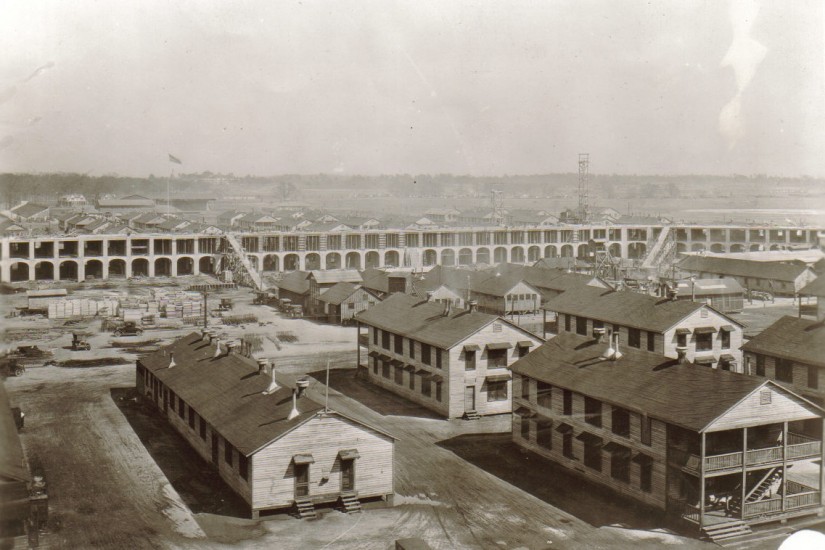In the South in the years before the Civil War, it would have been difficult to find a more zealous advocate for slavery than Henry Lewis Benning. He was a firebrand from Georgia and an early advocate of Southern secession. As his public stature rose, Benning became an increasingly ardent voice for the creation of a pro-slavery Southern republic. He helped draft Georgia’s ordinance of secession, which took the state out of the Union just before the Civil War.
Benning was such a powerful force for secession that Georgia sent him as the state’s representative to persuade Virginia to secede as well. In a speech in Virginia in early 1861, Benning revealed in unflinching terms his belief that secession was the only way to save slavery in the South. Georgia had seceded, he said, because of “a deep conviction on the part of Georgia that a separation from the North was the only thing that could prevent the abolition of her slavery. … If things are allowed to go on as they are, it is certain slavery is to be abolished. By the time the North shall have attained the power, the black race will be in a large majority, and then we will have black governors, black legislatures, black juries, black everything. Is it to be supposed that the white race will stand for that? It is not a supposable case. … War will break out everywhere like hidden fire from the earth.”
Virginia seceded, and Benning went on to become a general in the Confederate Army.
Today, Benning would be a long-forgotten footnote to the history of Southern white supremacy — if not for the U.S. Army. That’s because the Army honors Benning above almost any other military officer in American history. Fort Benning, in Georgia, one of the most important military installations in the United States, is named for him.
Benning’s qualifications for having one of America’s most iconic Army bases named after him? He was a Confederate and he was from Georgia.
Fort Benning is just one of 10 Army bases named for Confederates, a legacy of the Jim Crow era in the South, when many of today’s largest bases were built in rural Southern areas where the Army could accumulate large tracts of cheap land with the kind of terrain and climate needed for training.
